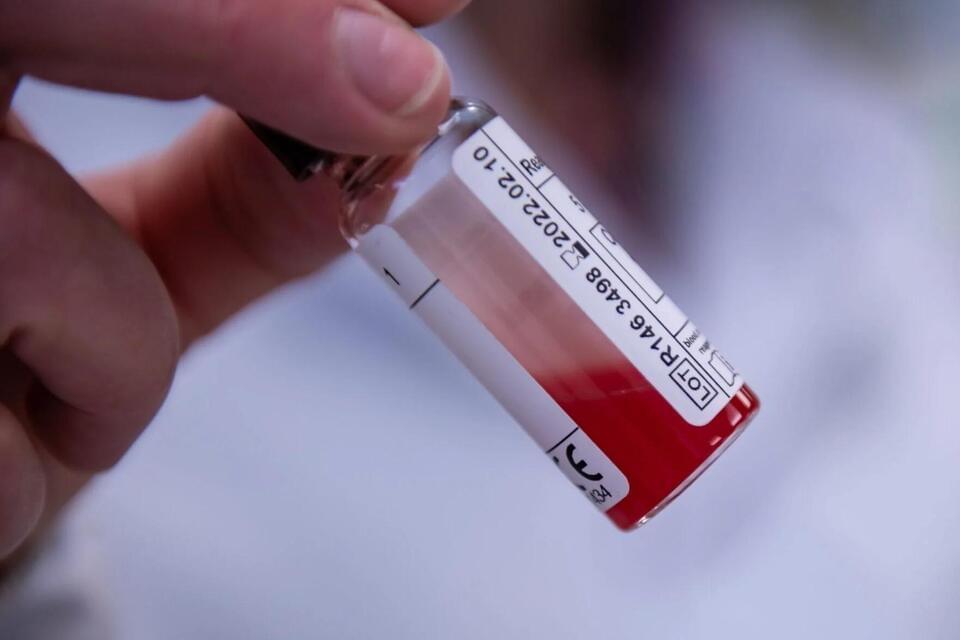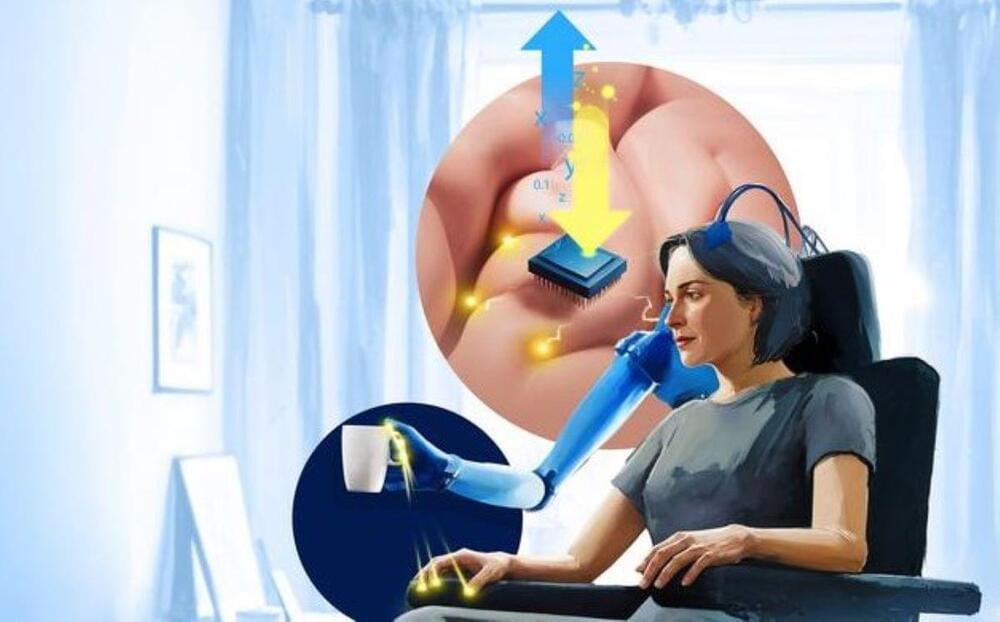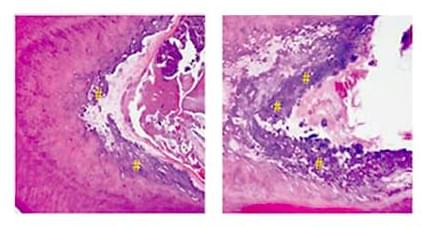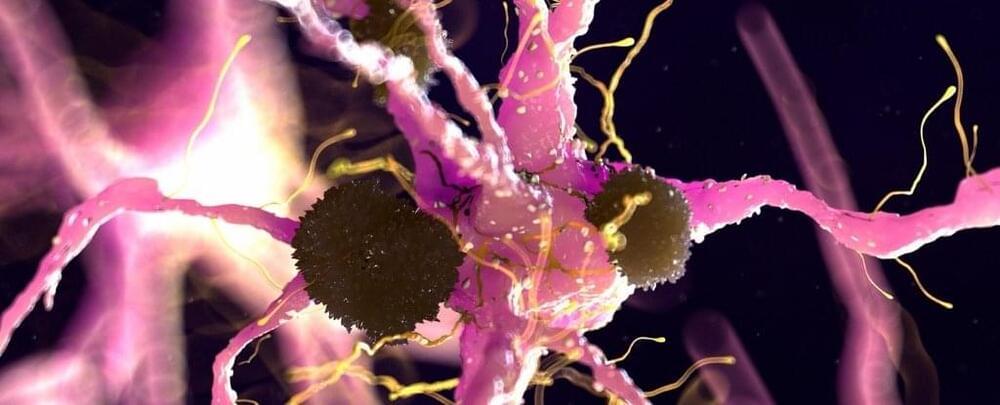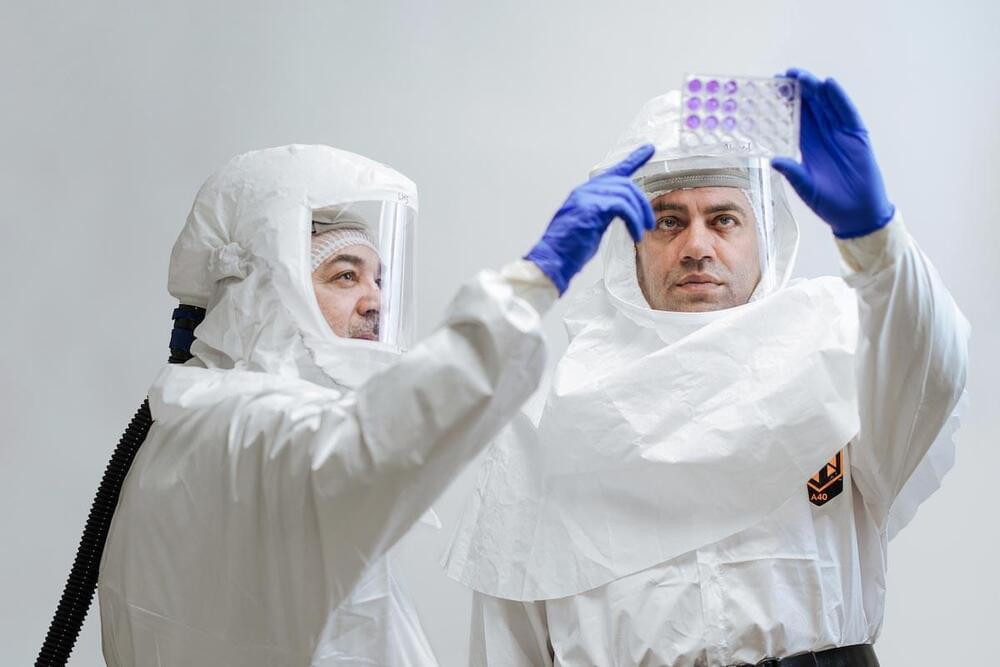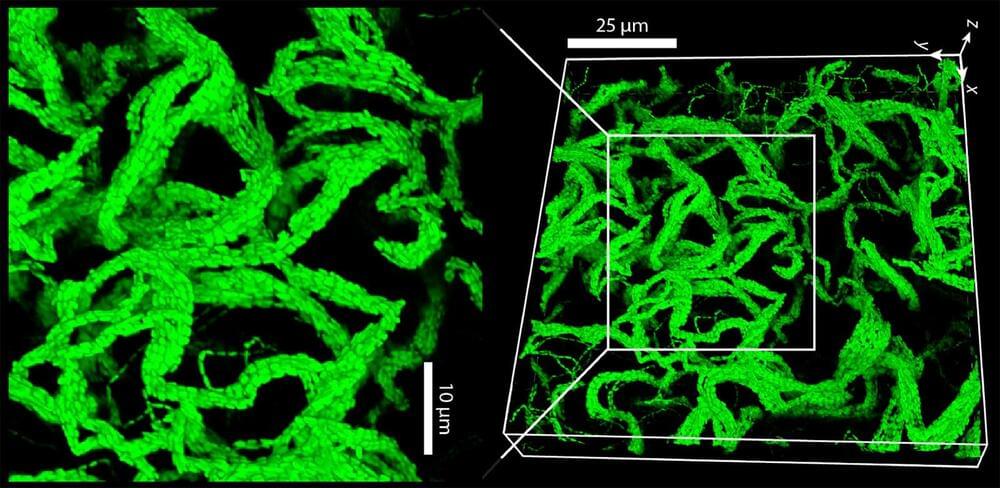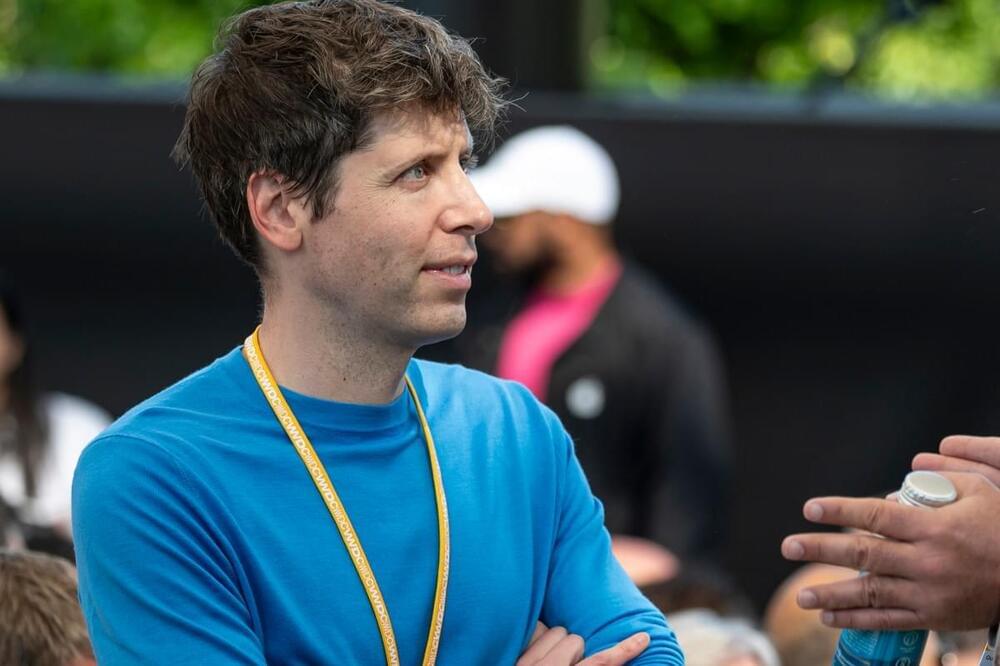Researchers publishing in Physical Review X have discovered compounds that can double the efficiency of the sirtuin SIRT3 in processing NAD+.
Looking for a new way to boost enzymes
The researchers begin their paper by noting that most drugs administered to people are geared towards inhibition of particular enzymes in order to treat a disease. In this case, however, the goal is the opposite: to boost the function of an enzyme, thereby boosting a healthy phenotype rather than battling back a diseased one.


